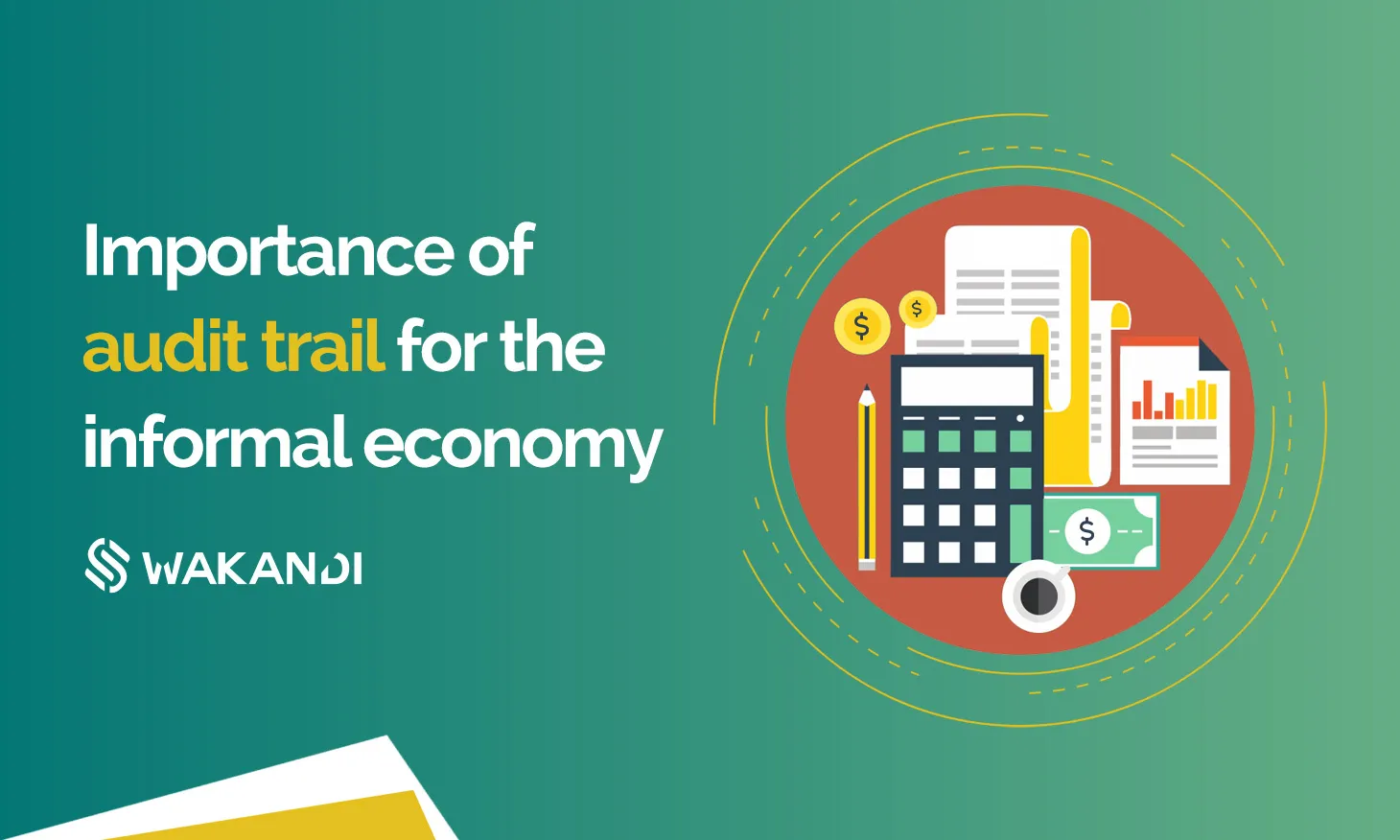Importance of audit trail for the informal economy

When formal financial services reach people who have, for ages, used informal channels to manage their loans and savings, one of the essential features they bring is reliability. It plays an important role for people living in the informal economy. It ensures that they keep track of all contributions and loans and maintain proper records.
The issue with the informal groups is that they do not accurately record transactions. In Africa, most people send their contributions via cash and receive cash when they need loans. It makes it difficult to maintain loans and deposits made by members accurately. Moreover, there remains an easy chance for the admin to miss the entries to be recorded in the books.
The adoption of audit trails can bring reliability in informal financial groups (IFGs). It can help members, administrators, and regulators to check the who, when, and where of the transactions.
What is an audit trail?
An audit trail is a record of chronological events, actions, and transactions that can act as a support document and history that is used to authenticate operational and security activities and solve issues. Various industries use different versions of audit trails to maintain a historical record of events. For a financial organization, an audit trail contains all relevant details about a transaction, such as dates, times, people, etc. It may also include more detailed financial data and reporting information that an auditor may need.
The audit trails are generally managed by members within the organization, such as administrators or account managers. These can hold a person accountable, for example, doing a transaction or withdrawing money from the account. They allow us to follow records from their origins. They also bring better transparency, accuracy and integrity to the records while protecting them from misuse and harm.
Why is the audit trail important for the informal economy?
Adoption of audit trails can bring a host of benefits to informal financial groups –
- Compliance – Keeping a record of every action or event is an agreed best practice in the finance industry. But some regulations and authorities make it a necessity for organizations. For instance, the Microfinance Act 2018 Tanzania makes it mandatory for microfinance institutes and SACCOs to maintain records.
- Mitigate internal frauds – Fraud and corruption are amongst the major challenges informal savings groups face. The audit trail can act as a guard against such fraudulent activities and corruption. It can bring transparency to the day-to-day operations of the group.
- Road to formal financial services – Maintaining audit trails means keeping a log of transactions and other vital data. This data can act as the financial history for all the members, which can be shared with banks to avail loans and other essential banking services.
How can Wakandi help?
Wakandi offers a Credit Association Management System (CAMS), a unique digital system for informal financial groups to make and record contributions, apply for and avail loans, and manage members online. CAMS can help these groups maintain records of their daily transactions in a secure and effective way.
The transactional data is captured automatically when members use the system, creating records that can be shared with others. It can be used as audit trails to make their group compliant with regulatory authorities and reduce frauds.

Comments